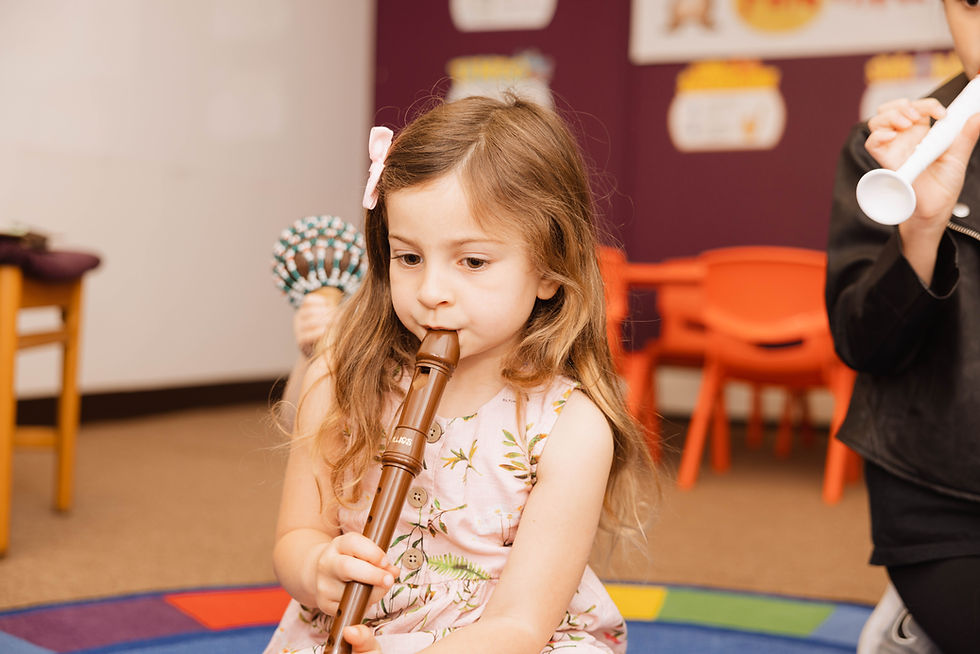Beyond the Sheet Music: Exploring Alternative Approaches to Learning an Instrument
- Nick Doak

- May 15, 2024
- 2 min read
Updated: Sep 3, 2025

Learning to play a musical instrument is an exciting journey of discovery and growth. While traditional methods often focus on reading sheet music and practicing scales, many alternative approaches can enrich your musical learning experience. In this blog post, we'll explore some creative and unconventional ways to learn an instrument beyond sheet music confinements.
Ear Training and Improvisation: Developing your ear is essential for any musician. Spend time listening to music, identifying melodies, chords, and rhythms by ear. Practice improvising and playing by ear, experimenting with different musical ideas, and exploring your unique style.
Learning by Repertoire: Instead of focusing solely on technical exercises, learn songs and pieces you love. Choose a repertoire that inspires and motivates you, whether it's your favorite pop song, a classical masterpiece, or a traditional folk tune. Learning music that resonates with you will make practicing more enjoyable and meaningful.
Embracing Technology: Take advantage of technology to enhance your learning experience. Use online tutorials, video lessons, and instructional apps to supplement your practice routine. Experiment with digital tools like music production software, virtual instruments, and backing tracks to explore new sounds and techniques.
Collaborating with Others: Playing music with others is a great way to improve your skills and broaden your musical horizons. Join a band, ensemble, or jam session to collaborate with fellow musicians and learn from each other's strengths and experiences. Participating in group settings can also help develop your listening, communication, and teamwork skills.
Exploring Different Genres: Don't limit yourself to one style of music—explore different genres and musical traditions to expand your musical vocabulary. Whether it's jazz, blues, rock, classical, or world music, each genre offers unique challenges and opportunities for growth. Keep an open mind and embrace the diversity of musical expression.
Incorporating Movement and Expression: Music is more than just notes on a page—it's about expression and emotion. Focus on dynamics, phrasing, and interpretation to incorporate movement and expression into your playing. Experiment with different articulations, tempos, and stylistic nuances to bring your music to life.
Learning an instrument is a deeply personal and rewarding journey that offers endless opportunities for creativity and self-expression. By exploring alternative approaches to learning, such as ear training, repertoire-based learning, technology integration, collaboration, genre exploration, and expression through movement, you can cultivate a deeper connection to your instrument and unleash your full musical potential. So, whether you're a beginner or an experienced musician, don't be afraid to think outside the box and embrace new ways of learning—it's all part of the adventure!




Comments